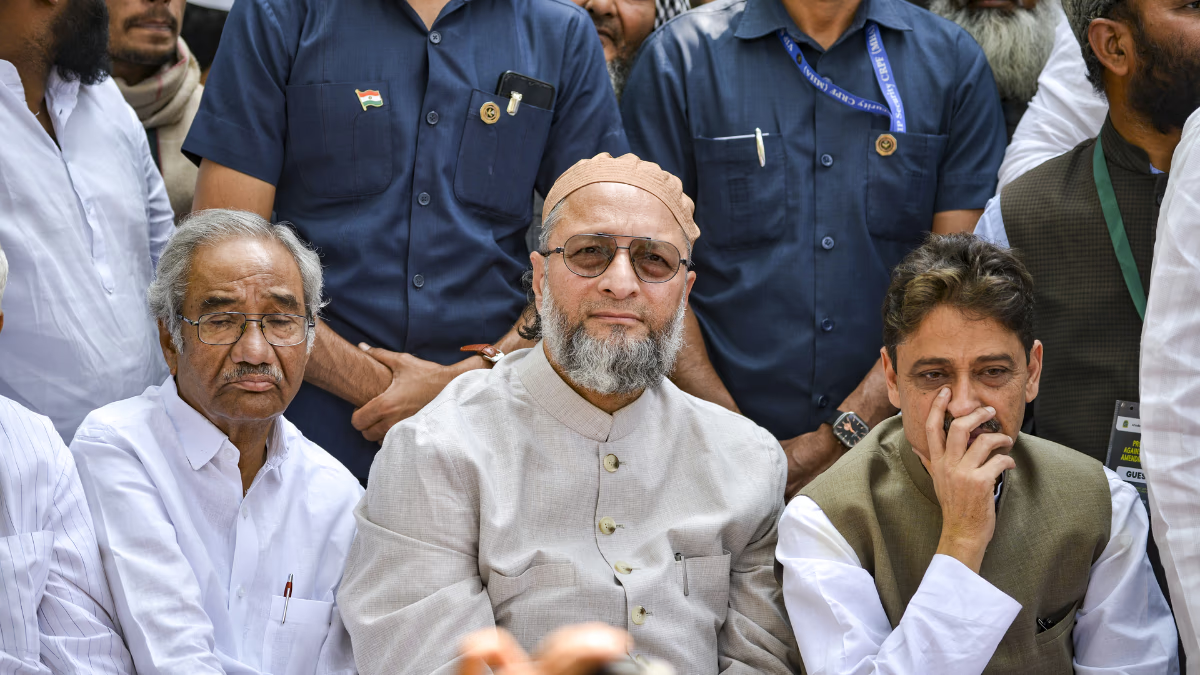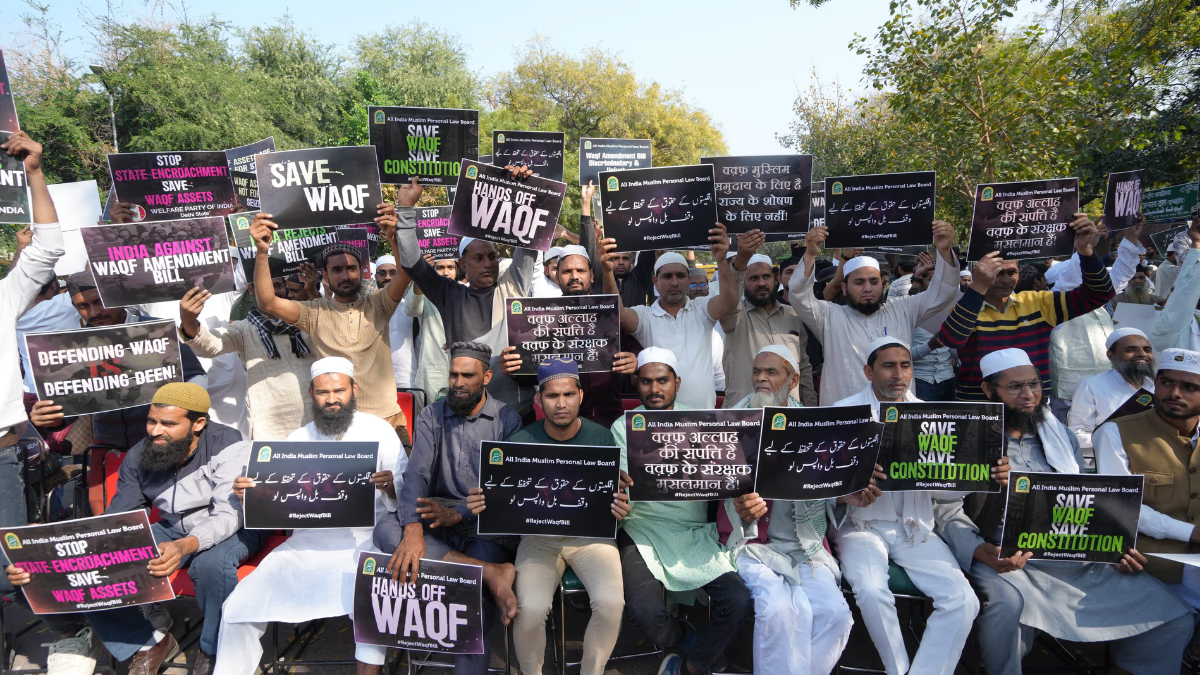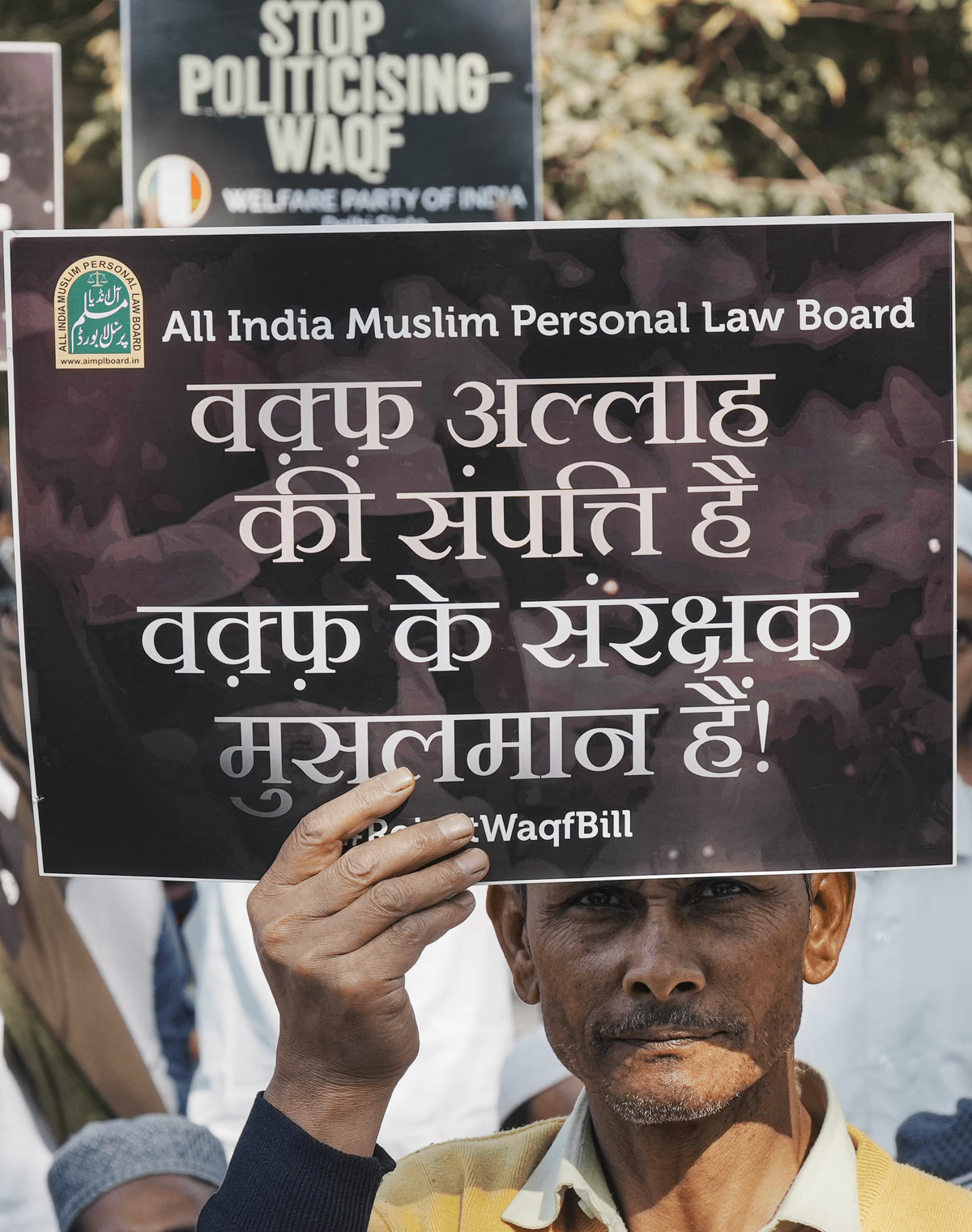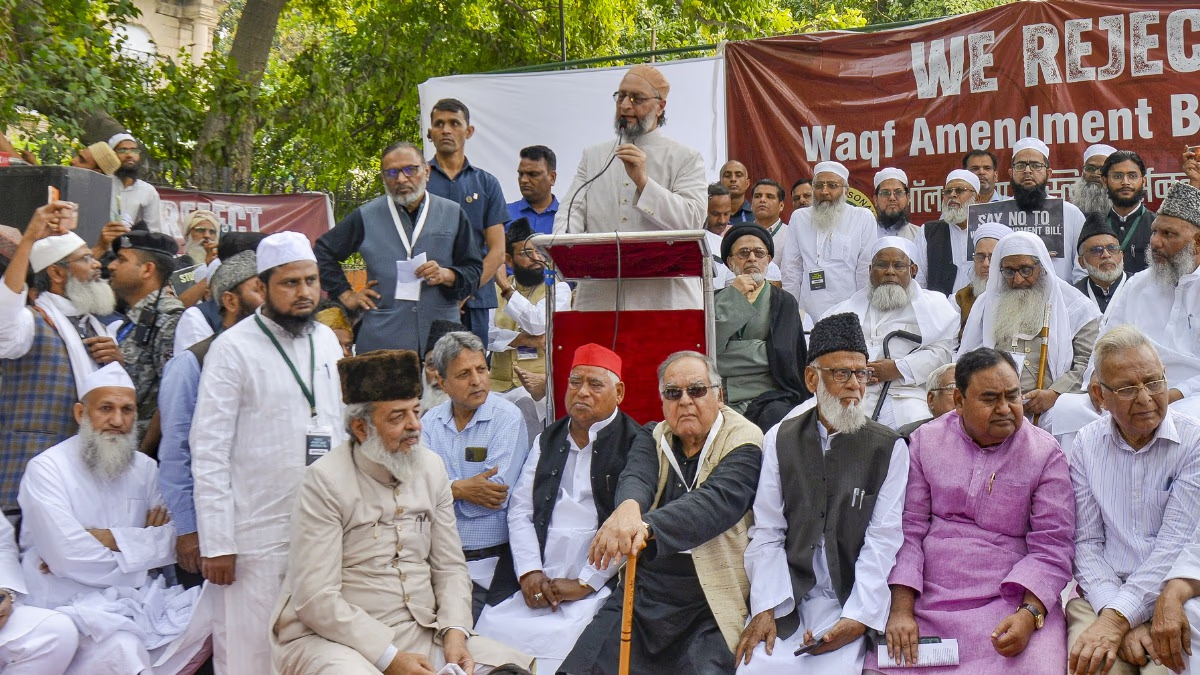The streets are witnessing a storm over the Waqf Bill. As Parliament's budget session moves to its second phase, the Waqf Amendment Bill might be introduced next week. Initially presented in the Lok Sabha on August 8, 2024, it faced uproar leading to referral to the JPC. However, the government is preparing to reintroduce it, angering Muslim organizations and opposition parties who accuse the government of targeting Waqf properties. Strong opposition has emerged with alliances such as the All India Muslim Personal Law Board challenging the Modi government.
With AIMIM's President Asaduddin Owaisi using this bill as a lever, he cautions critical government partners Nitish Kumar and Chandrababu Naidu. With Indian Muslims watching closely, the American Indo-Muslim Alliance warns this could fuel enduring dissent if passed. Meanwhile, JPC Chairman Jagdambika Pal claims the backlash is solely political with the opposition jumping the gun even before the bill's arrival.
Remarkably, the Waqf boards in India control over 9 lakh acres, trailing only the railway and defense. The political clash spans from Parliament to the streets today with protests at Delhi's Jantar-Mantar, organized by groups like the All India Muslim Personal Law Board, and with support from Asaduddin Owaisi alongside Congress MPs. Interestingly, Hindu organizations have also rallied in favor of the Waqf Amendment Bill.

Source: aajtak
A Decisive Battle over the Waqf Amendment Bill
As BJP and the opposition brace for a major battle over the Waqf Amendment Bill, Asaduddin Owaisi has labeled it disruptive. The Samajwadi Party also declared a road-to-parliament agitation, denouncing it as against Muslims. The opposition's voice aligns with the All India Muslim Personal Law Board, viewing the bill as a covert attempt to seize Waqf properties under the guise of securing transparency. However, the BJP asserts that while the law forms in Parliament, protests at Jantar Mantar cannot overturn it, adding that protests won't create another Shaheen Bagh.

Source: aajtak
Understanding the Controversy
To understand the conflict, Waqf refers to any portable or immovable asset donated by an Islam follower for religious purposes, with no human ownership. Instead, it's seen as Allah's property, maintained by institutions like Waqf Boards. Currently, debates rage over the bill with the BJP and opposition clashing over concepts of appeasement and satisfaction.

Source: aajtak
Concerns from Muslim Organizations and Opposition
- In matters of Waqf property disputes, appeals are now permissible in High Court; previously, Waqf Tribunal decisions were final.
- Waqf cannot assert claim without donation, unlike previous automatic property rights after claims.
- Waqf Board must include female and multi-faith members, contrary to former male-only Muslim composition.
- Collectors now authorized to survey and evaluate Waqf properties.




